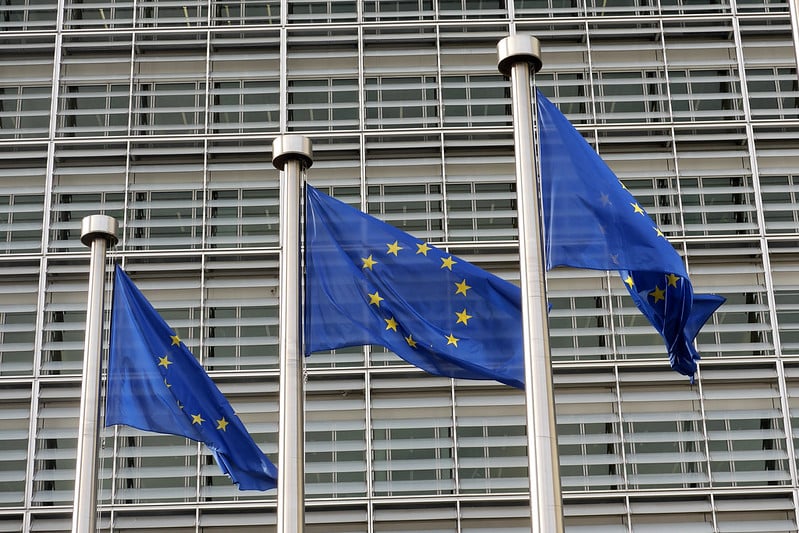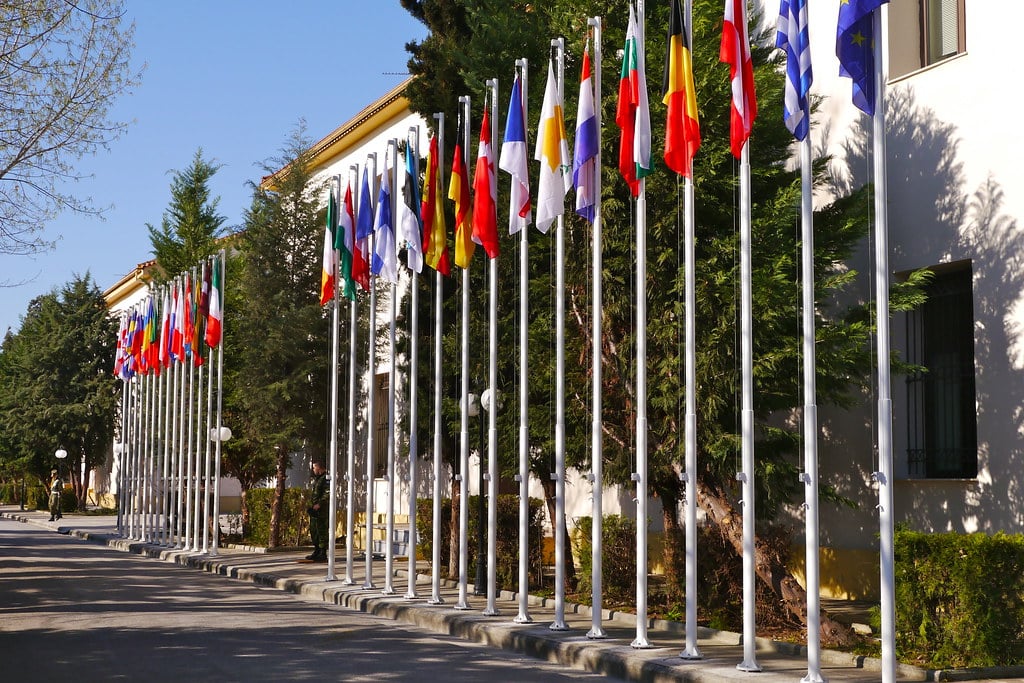In a long-awaited ruling, the European Court of Justice has allowed the European Commission to cut billions of euros from member states that violate democratic and rule-of-law principles. The case focuses in particular on Poland and Hungary, which had challenged the conditionality of subsidies before the Court. The ruling takes place within a wider debate in Brussels on how to deal with various authoritarian powers that challenge the Union from both inside and outside.
The Commission had previously frozen €36 billion in pandemic-related funds for Poland, and €7 billion for Hungary. The ruling confirms that these mechanisms may be used for the entire EU budget - which stands at €1,800 billion between 2021-2027.
Further battle with Brussels plausible
Poland and Hungary, member states since 2004, have benefited greatly from EU subsidies since accession. Recently, both countries have been accused of "slipping" democratic values. In particular, justice and free journalism are threatened in both countries by those in power. As a result, they are increasingly characterised as 'unfree' democracies.
President Ursula von der Leyen responded immediately: 'Today's ruling confirms that we are on the right track.' MEPs have already asked the Commission to act quickly, especially as Hungary has elections coming up on 3 April. Sources in Brussels have already indicated That there may be swift action regarding Hungary.
The ruling party in Hungary, Fidesz, sees the statement as ''political revenge'' aimed at ''helping the opposition''. Poland's Deputy Justice Minister Kaleta responded by saying that ''Poland should defend its democracy against blackmail aimed at taking away the right to self-determination''. Both countries have already threatened to block European decisions that require unanimity among member states.
The use of financial resources is also weighted outside the EU
The ruling comes during high tensions between the EU and Russia, with several possible financial sanctions being weighed to prevent Russian aggression against Ukraine. In addition leaked recently issued a document in which Union officials proposed the use of financial sanctions in Bosnia and Herzegovina. These are aimed at Bosnian Serb leader Milorad Dodik. This Republika Srspka (RS) leader is threatening to split his region from Bosnia-Herzegovina, which would be a direct violation of the 1995 peace agreement. A latest controversial move of Dodik marked the effective regionalisation of Bosnian national justice in the RS. Dodik's actions are creating a tense climate towards the Bosnian elections, scheduled for October this year. The proposed sanctions will be discussed in a meeting between foreign ministers on 21 February - Hungary has already indicated it will not support the sanctions.
Nevertheless, it remains questionable whether the Commission has the political will to introduce tough financial measures on authoritarian powers in and around the EU. A policy of "appeasement" has prevailed in recent years, often with short-term goals. As a result, the Union's central values have often been left behind. Today, the barrier is low for Orbán, Dodik, and others to engage in revisionist politics - especially as other geopolitical actors seek influence. For the EU, the use of financial resources is crucial in demonstrating that threatening its principles will not be without cost.
Sources:
Reuters II Euractiv I Euractiv II
Photo: Flickr





